Physiognomy: Word Meaning, Examples, Origin & Usage in IELTS
5 min read
Updated On
-
Copy link
The word ‘physiognomy’ means ‘a person’s facial features or expression; practice of determining a person’s character or personality from their face’. Explore more about the word & practice using it to improve your IELTS vocabulary for a Band 8+ score.
Table of Contents

Limited-Time Offer : Access a FREE 10-Day IELTS Study Plan!
Have you ever looked at someone's face and instinctively felt you could tell what kind of person they were? That intuitive judgment, right or wrong, is physiognomy. It reflects centuries of history, art, psychology, and philosophy. Therefore, understanding this word opens a doorway into how language and perception shape our understanding of human nature.
In this blog, we will explore the meaning, origin, and formal usage of the word of the day, ‘physiognomy’, examine IELTS-specific examples, and practice exercises to help you confidently use this powerful word in your speaking and writing.
Meaning of Physiognomy
- Pronunciation: fi-zē-ˈä(g)-nə-mē (sounds like fiz·ee·aw·nuh·mee)
The word ‘physiognomy’ refers to both the facial features of a person and the belief that those features can reveal something about their personality or moral character. It is most often used in literature, art history, and occasionally psychology.
It adds a tone of analysis, mystery, or even prejudice depending on the context. Sometimes, physiognomy can also be referred to as ‘anthroposcopy’, though the expression was more common in the 19th century when the word originated.
History and Origin of Physiognomy
The word itself stems from the Greek ‘physis’ (nature) and ‘gnomon’ (judge or interpreter), meaning ‘judging nature’. The concept of physiognomy has ancient roots, as mentioned in the table below.
|
Timeline |
Details |
|---|---|
|
Ancient Greece |
First used by philosophers like Aristotle, who believed moral character was reflected in physical appearance. |
|
Middle Ages |
Considered a serious science, studied alongside astrology and alchemy. |
|
Renaissance |
Artists and writers used physiognomy to depict character and virtue visually. |
|
19th Century |
Popular but controversial; linked to pseudoscientific racial and criminal profiling. |
|
Modern Day |
Discredited as science but still culturally relevant (e.g., in literature, art, and AI). |
Learn how to maximize your word power for the IELTS exam!
Book a FREE IELTS online class!
Usage & Examples of Physiognomy
Here are example sentences using ‘physiognomy’ in different contexts that will help you add this word to your IELTS vocabulary and use it appropriately:
- Dan and his father have the same physiognomy.
- Her friends began to notice a change in her physiognomy.
- The Nazis used pseudo-scientific studies in the field of physiognomy to assert the status of Germans as the master race.
- Some plastic surgeons are studying the art of physiognomy so that they can better serve their clients.
- The nineteenth century was the golden age of physiognomy.
- The chemotherapy procedure had entirely transformed his physiognomy.
- The change in physiognomy of the Patagonian landscape was so fast that the Ministry of Environment was worried.
- Winston possessed all the physiognomy of an untrustworthy person. There was no way she could marry him.
- The novel’s villain had a harsh physiognomy that mirrored his ruthless nature.
- While the theory of physiognomy is no longer scientific, it still influences subconscious bias.
- Her gentle physiognomy gave an impression of warmth and kindness, even before she spoke.
- Artists of the Renaissance often relied on physiognomy to represent virtue or evil in portraits.
- The professor warned students about the ethical dangers of using physiognomy in modern profiling.
Although largely discredited as a science, physiognomy continues to appear in modern literature and films to suggest hidden truth or deception. Its controversial past reminds us how language and pseudo-science can shape cultural bias and reinforce stereotypes.
IELTS Usage of ‘Physiognomy’
Although physiognomy is more advanced and literary, it can be an excellent choice in IELTS Writing Task 2 or Speaking, especially when discussing human behaviour, psychology, literature, or art.
IELTS Writing Task 2 Example
- Topic: Do you agree that appearance plays a role in job interviews?
- Answer Excerpt: While qualifications and experience are undeniably central to the hiring process, many argue that physiognomy, the facial features and expressions of a person, can subconsciously affect how interviewers perceive candidates. Studies in behavioural psychology suggest that people often make snap judgments based on appearance within seconds, which can unintentionally influence decisions. Thus, despite efforts to remain objective, appearance may still play a subtle yet impactful role in interview outcomes.
IELTS Speaking Part 3 Example
- Question: Do you think we judge people based on appearance?
- Answer: “Yes, I believe that whether consciously or not, physiognomy often plays a role in how we evaluate others, especially during first impressions. For instance, someone with a warm smile and confident posture might be perceived as friendly and capable, even before they speak. This form of non-verbal communication can affect not only social interactions but also professional judgments, like in interviews or meetings. Of course, this isn’t always fair, but it seems to be a deeply ingrained psychological response.”
Do you want to use impressive words to succeed in your IELTS exam?
Begin with our Vocabulary for IELTS!
Exercises to Master the Meaning of Physiognomy
Now it is time to take the following exercises to improve your understanding of the meaning of the word ‘physiognomy’ and use it appropriately for an IELTS band score of 8 and above.
Exercise A: Choose the correct option.
1 Which sentence uses physiognomy accurately?
A His physiognomy was filled with beautiful music and cheerful laughter.
B The physiognomy of the city skyline was breathtaking at sunset.
C Her calm physiognomy gave others a sense of reassurance during the crisis.
D They painted the physiognomy of the house with bright colours.
2 Which of the following best represents the idea behind using physiognomy in personality judgment?
A People’s accents determine their intelligence.
B Facial features can reflect aspects of a person’s character.
C Job skills are best evaluated through resumes.
D Personal hygiene is more important than body language.
Exercise B: Paraphrase the given sentences using ‘physiognomy’.
1 She had a kind and expressive face that immediately made people feel at ease.
2 He looked angry, and his expression warned everyone to stay away.
3 Her face lit up with excitement the moment she heard the news.
4 People often assume he’s serious because of his stern facial features.
Book a FREE demo to talk to our experts and boost your IELTS vocabulary now!
Answer Key
|
Exercise A |
Exercise B |
|---|---|
|
1. C 2. B |
1. Her gentle physiognomy immediately put people at ease. 2. His physiognomy reflected anger, silently warning others to keep their distance. 3. Her physiognomy brightened with excitement when she heard the news. 4. Due to his stern physiognomy, people often assume he is serious. |
To sum up, the word ‘physiognomy’ is a compelling and historically rich term that blends language, science, and culture. So, add it to your advanced vocabulary arsenal, practice this word in multiple contexts to ensure it comes naturally during your IELTS Speaking or Writing exam, and use it when you want to explore the fascinating (and sometimes flawed) link between appearance and character.
Useful Links:
- Sanguine: Word Meaning, Examples, Origin & Usage in IELTS
- Expunge: Word Meaning, Examples, Origin & Usage in IELTS
- Canvass: Word Meaning, Examples, Origin & Usage in IELTS
- IELTS Academic High-Frequency Vocabulary Words
- Synonyms for IELTS Writing: The Ultimate Guide to Score High
- Latest IELTS Speaking Vocabulary to Boost Your Score: Topic-Wise
Explore IELTS Resources

Start Preparing for IELTS: Get Your 10-Day Study Plan Today!
Check out other Word of the Day Articles
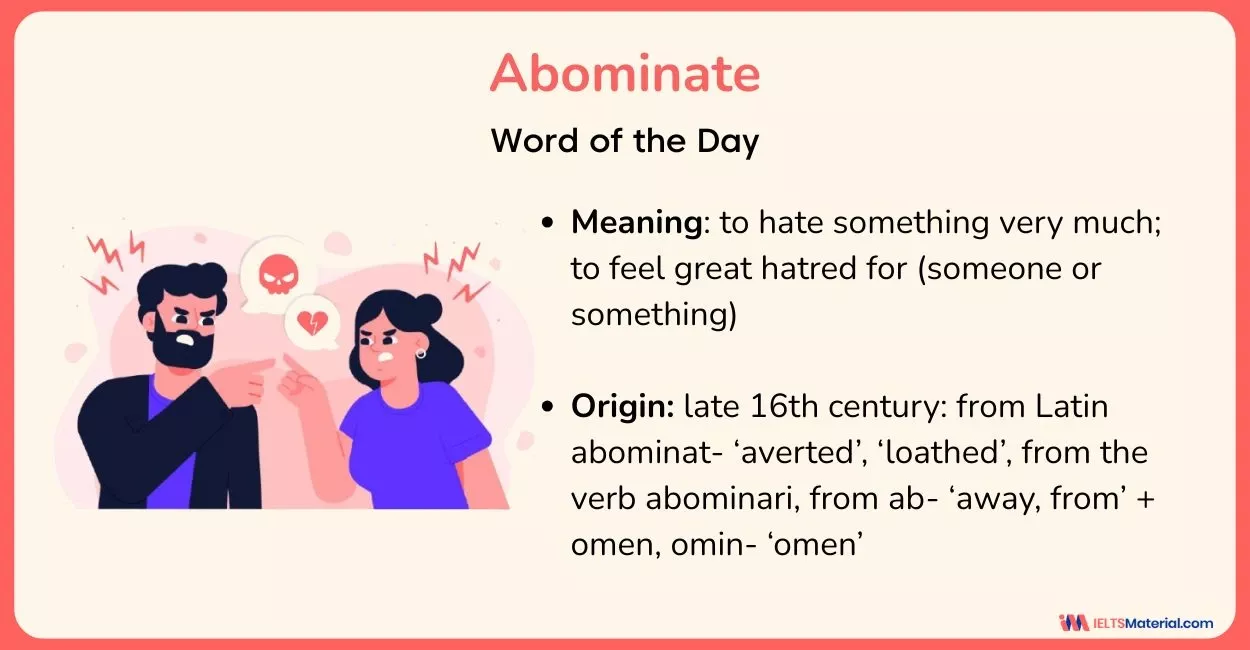
Haniya Yashfeen
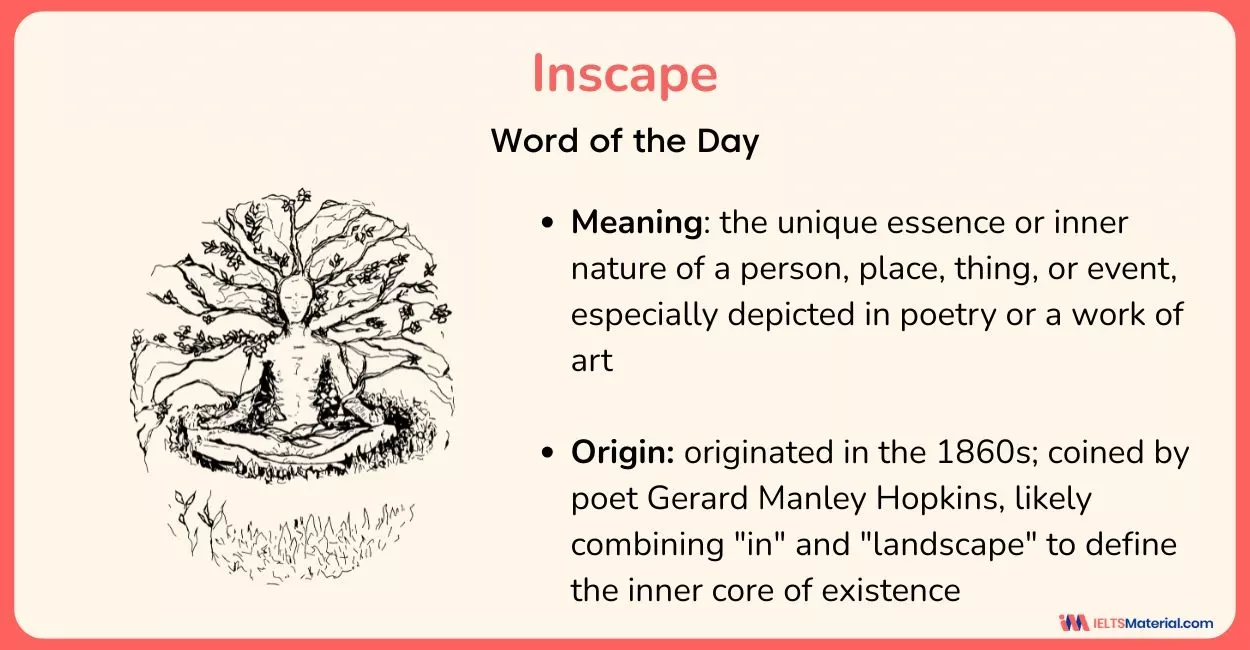
Prity Mallick
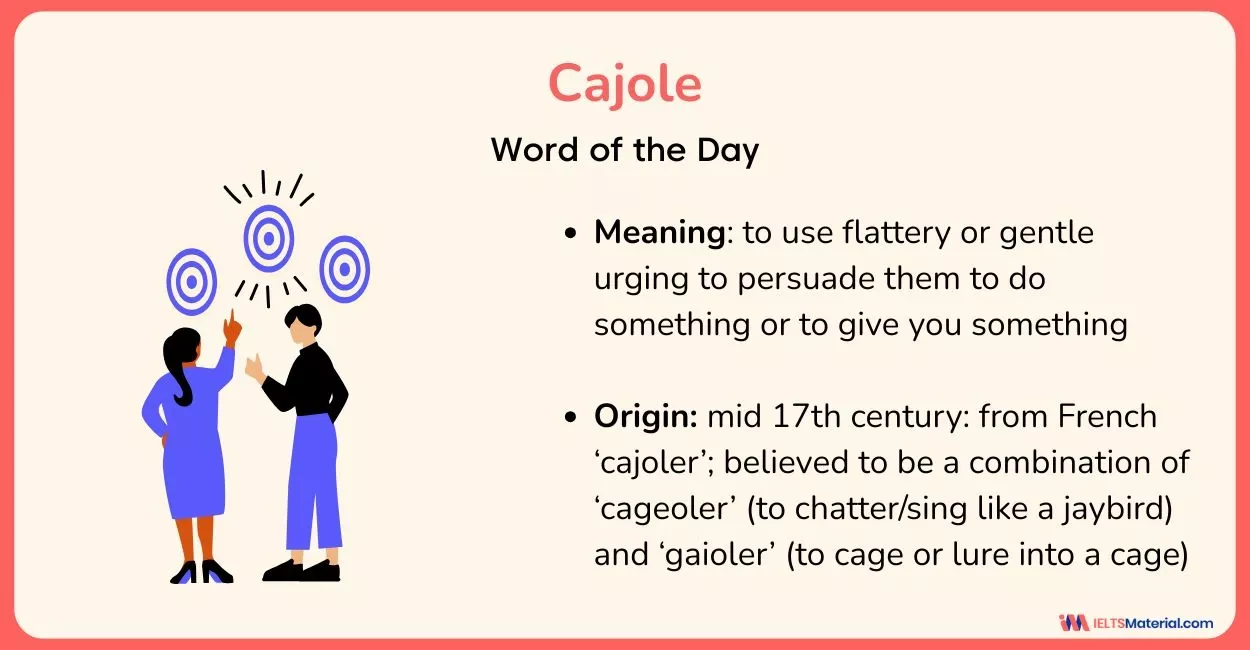
Prity Mallick
Recent Articles
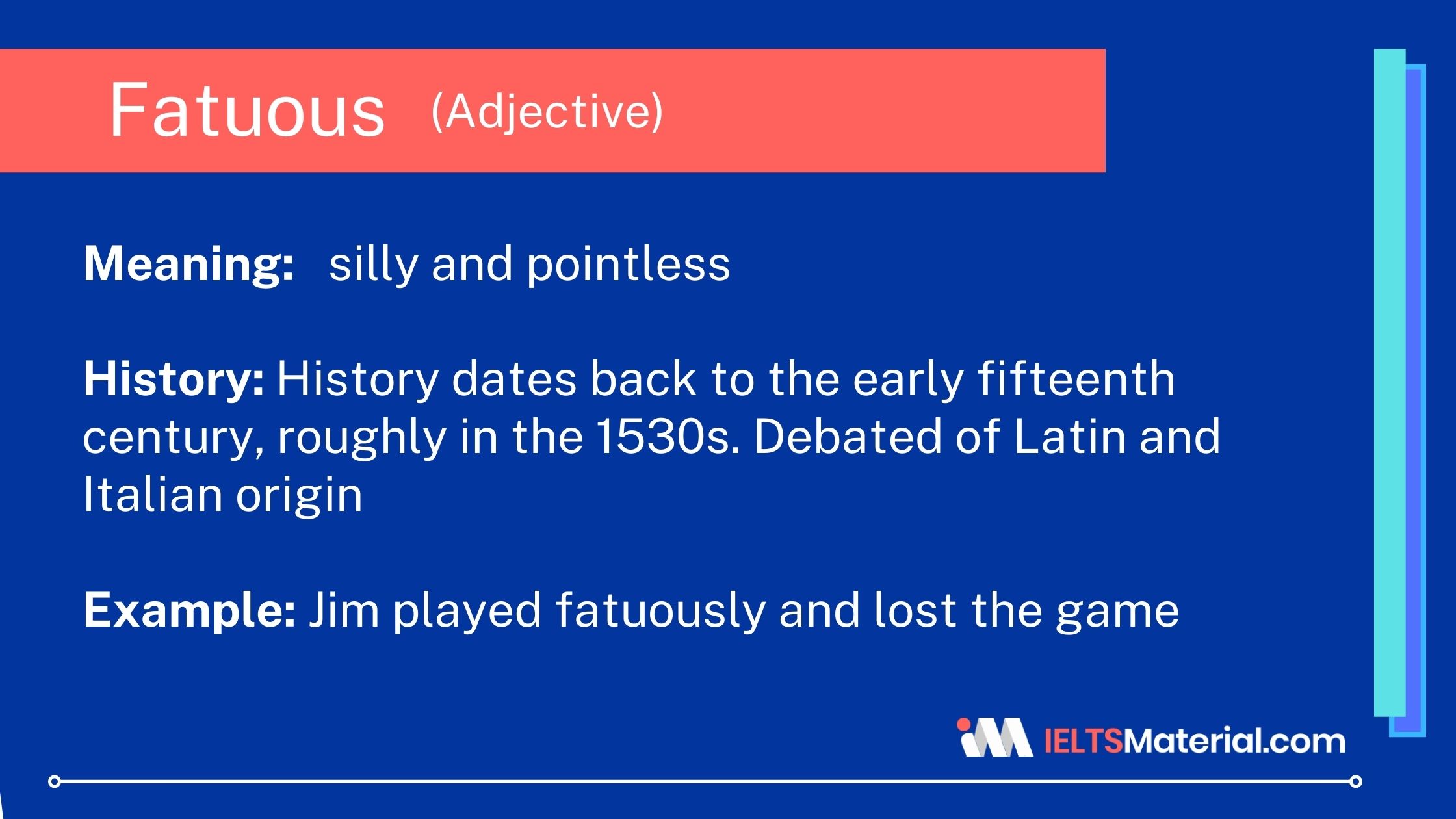
Kasturika Samanta
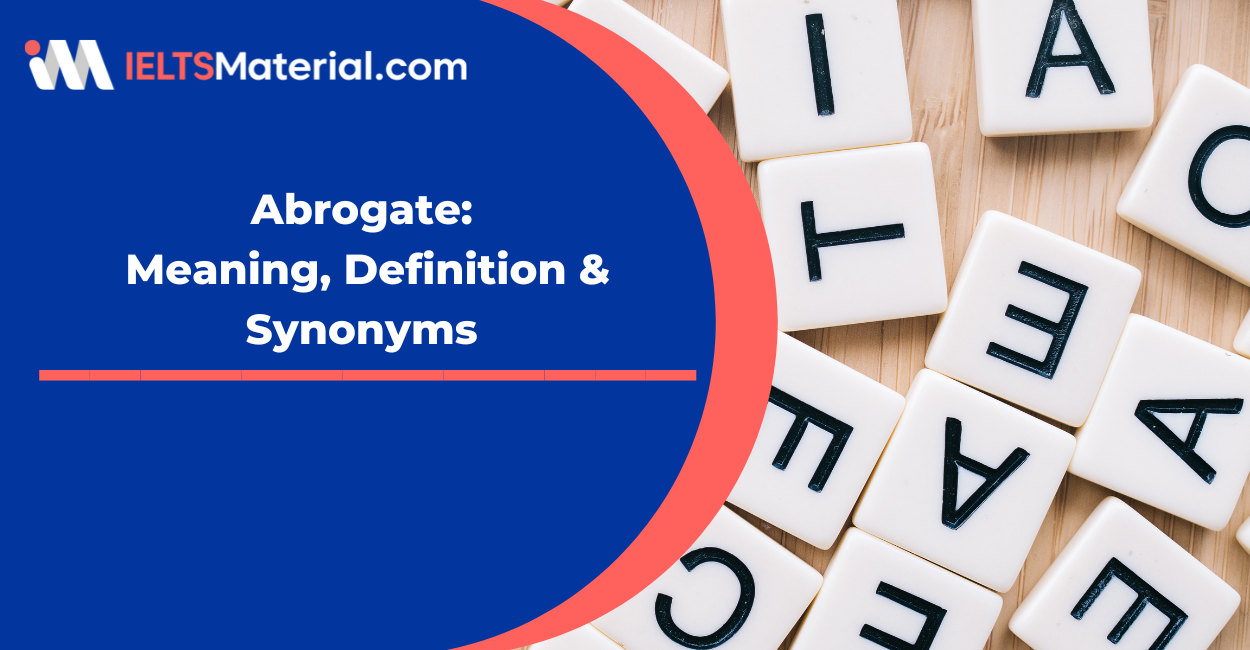
Kasturika Samanta
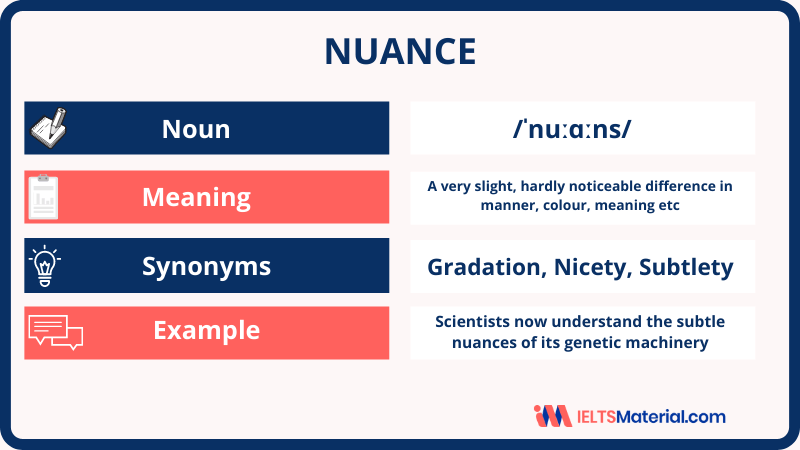
Kasturika Samanta
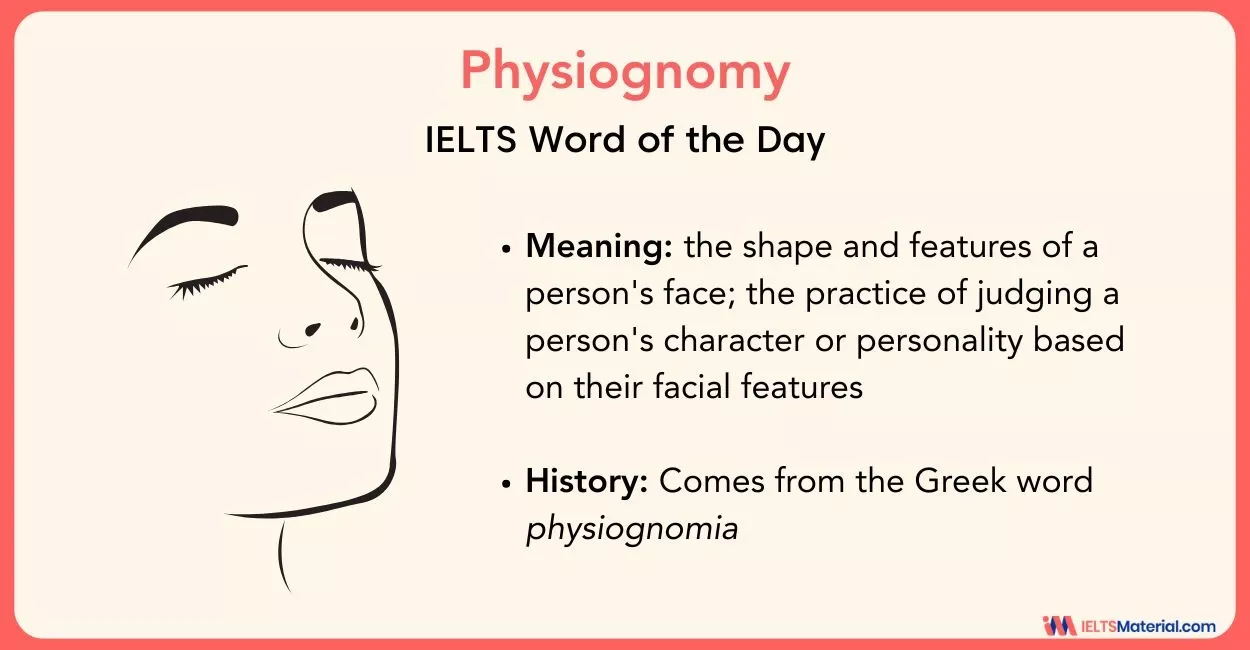





Post your Comments